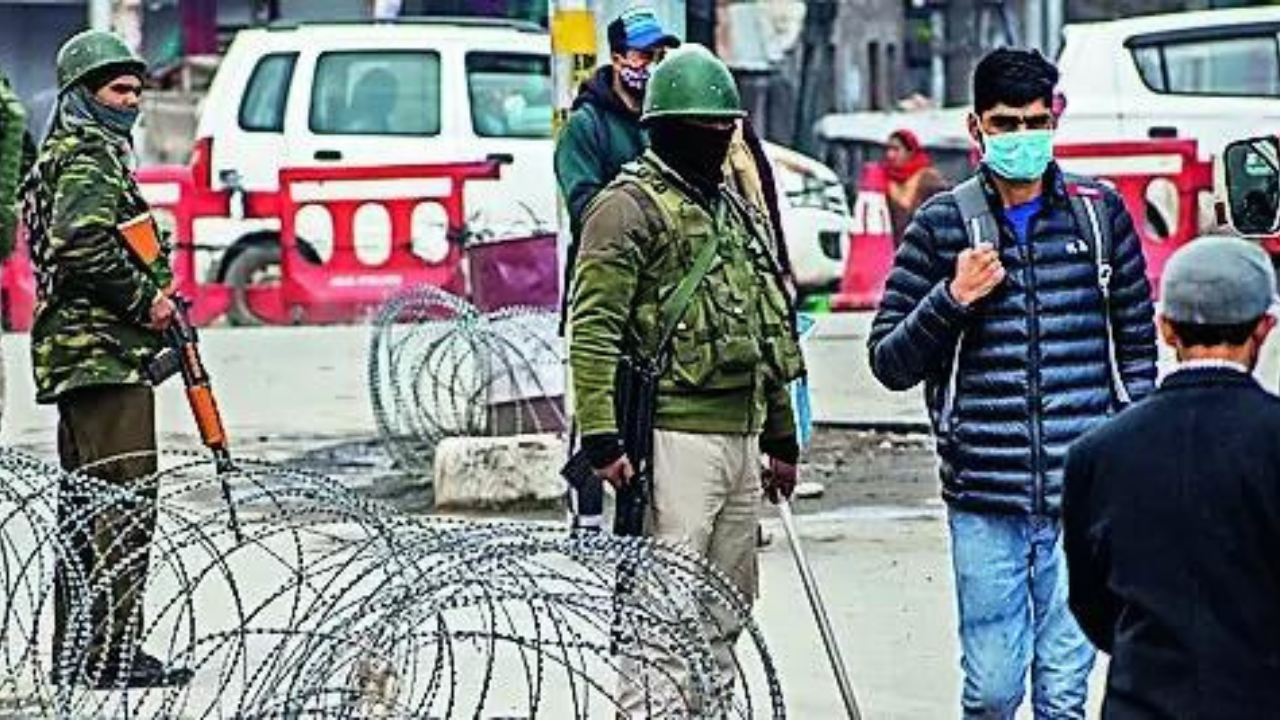[ad_1]
Lone’s party, through advocate Rajeev Dhavan, submitted that unlike other princely states, J&K did not sign the merger agreement followed by the signing of the Instrument of Accession (IoA).
Maharaja Hari Singh, who signed the IoA after facing Pakistan-backed external aggression in October 1947, had entered into a standstill agreement with Pakistan following the creation of two dominions – India and Pakistan.
Dhavan told a bench of CJI D Y Chandrachud and Justices Sanjay K Kaul, Sanjiv Khanna, B R Gavai and Surya Kant that as there was no merger agreement between India and Kashmir, the framers of the Indian Constitution enacted Article 370 incorporating the essence of the merger and standstill agreements to honour the internal sovereignty of people of J&K.
The content and context of Article 370 in the Indian Constitution, duly reflected in the J&K constitution which came into force on January 26, 1957, provided for concurrence and consultation with the assembly for application of provisions of the Indian Constitution to the state, Dhavan said. Article 370, through decades of practice and mutual acceptance, had become part of the unalterable basic feature of the Indian Constitution, he added.
[ad_2]
Source link






